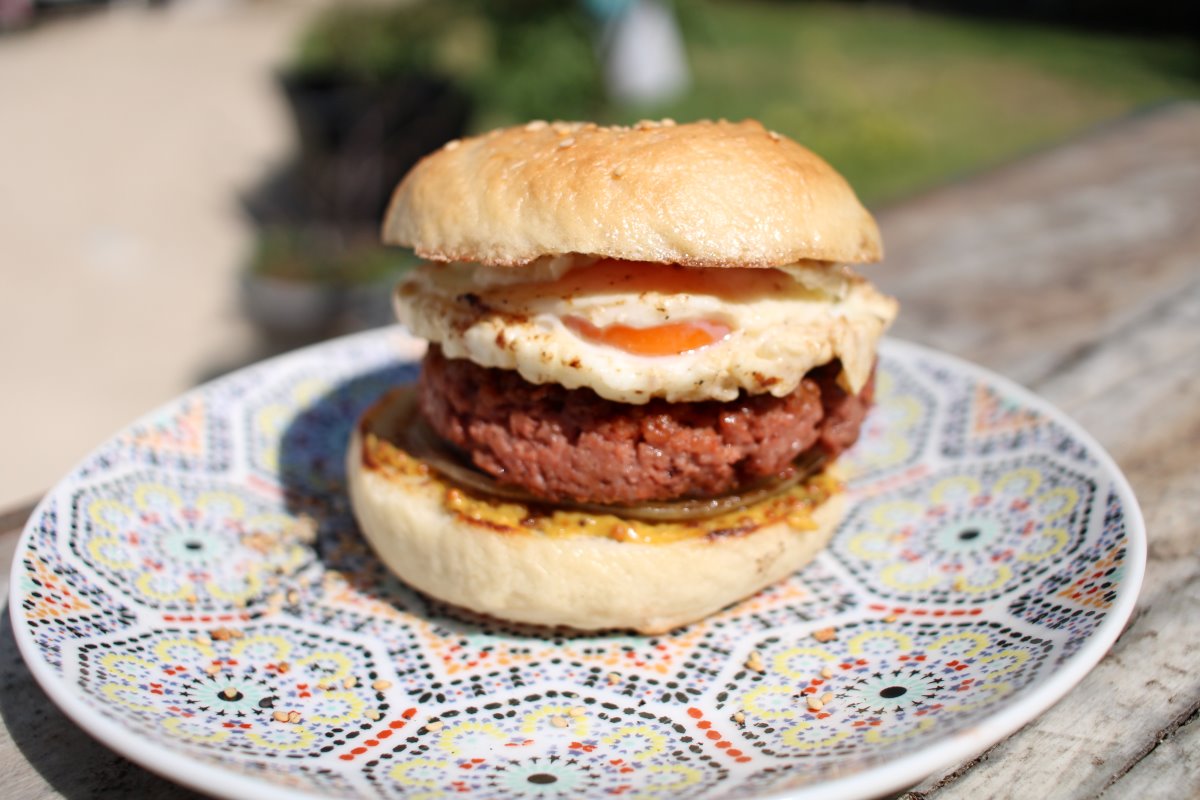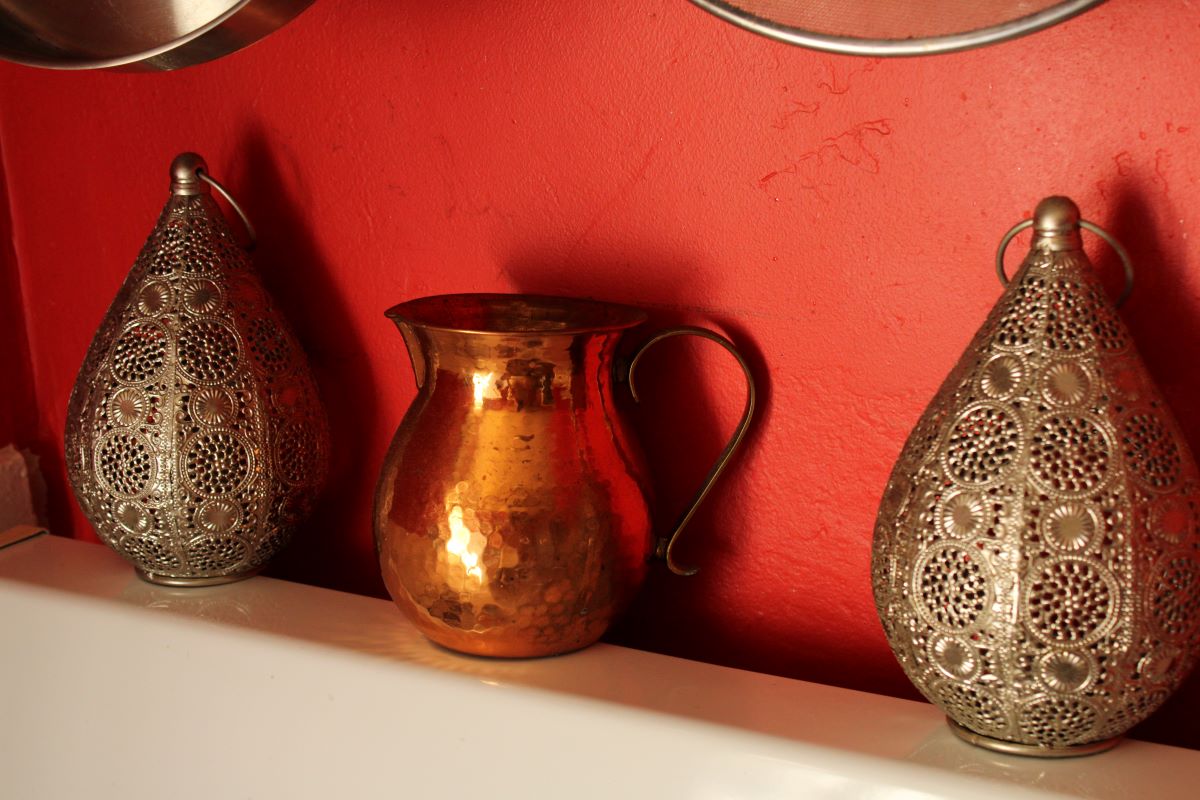How Many Calories Do I Need in a Day?
Understanding the basics of metabolism, energy balance, and how to tailor your diet to meet your unique caloric needs.

One of the biggest things I struggle with is how much I eat in a day. And a lot of that stems from not knowing how much I am supposed to eat. What does my body need to function? What role does exercise play in that? All of these questions surrounding the concept of "Calories In, Calories Out" - eating fewer calories than your body burns in a day. It sounds so simple, and at the end of the day it is, but there is a base level of understanding I need to solve before that simplicity can be useful.
What is Metabolism?
Metabolism refers to the complex chemical processes that occur within your body to maintain life. These processes include converting food into energy, building and repairing tissues, and regulating body functions such as breathing and digestion. Your metabolism is constantly at work, even when you're resting.
Metabolism can be broken down into three main components:
- Basal Metabolic Rate (BMR): The number of calories your body needs to maintain basic physiological functions at rest, such as breathing, circulation, and cell production. BMR accounts for about 60-75% of your total daily energy expenditure.
- Physical Activity: This includes all movements ranging from exercise to daily activities like walking, cleaning, and even fidgeting. Physical activity can significantly increase your daily caloric expenditure depending on its intensity and duration.
- Thermic Effect of Food (TEF): This is the energy your body uses to digest, absorb, and metabolize food. TEF typically makes up about 10% of your daily caloric expenditure.
Understanding Caloric Needs
Your caloric needs depend on several factors, including your BMR, activity level, age, sex, and overall health. To maintain your current weight, you need to consume the same number of calories as you burn. If you consume more calories than you burn, you'll gain weight; if you consume fewer, you'll lose weight.
Here’s how you can estimate your daily caloric needs:
- Calculate Your BMR: Various online calculators can help estimate your BMR based on factors like age, gender, height, and weight. I have one here: https://healthywithchris.com/resources/calorie-needs-calculator/
- Account for Physical Activity: Multiply your BMR by an activity factor that represents your lifestyle (e.g., sedentary, lightly active, very active). This is included in the calculator above.
- Adjust for Goals: If you aim to lose weight, create a calorie deficit by reducing your intake or increasing your physical activity. For muscle gain, you might need to consume more calories, focusing on nutrient-dense foods that support muscle recovery and growth.
Tips for Balancing Energy
Achieving energy balance doesn’t have to be complicated. Here are some practical tips:
- Eat a Balanced Diet: Focus on whole foods that provide a balance of macronutrients (proteins, fats, and carbohydrates) and micronutrients (vitamins and minerals). This helps ensure your body gets the fuel it needs without excess calories.
- Monitor Portion Sizes: Overeating, even healthy foods, can lead to a caloric surplus. Be mindful of portion sizes, and consider tracking your food intake if you're working toward a specific goal.
- Stay Active: Incorporate both structured exercises, like strength training or cardio, and non-exercise activities, such as walking or gardening, into your daily routine to increase your caloric expenditure.
- Listen to Your Body: Hunger and fullness cues are your body’s natural way of regulating energy balance. Pay attention to these signals to avoid overeating or undereating.
- Consistency is Key: Achieving and maintaining energy balance requires consistent attention and work. Consistency in achieving this balance is crucial to achieving goals in regards to health, weight, and energy.
